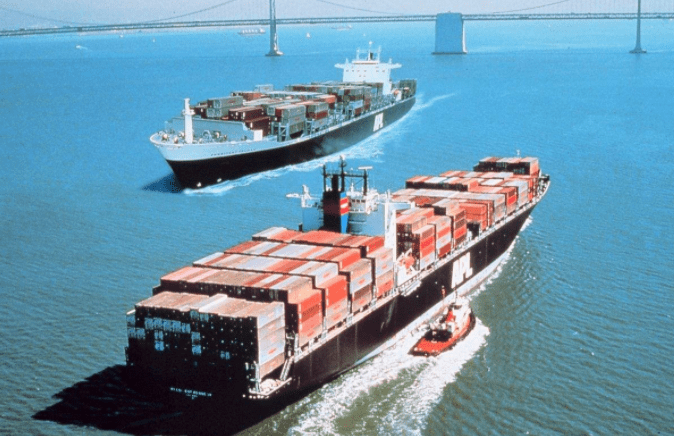The shipping industry could lose up to 40,000 jobs as more than 50% of the people in shipping lines work from home now due to the coronavirus pandemic, Lars Jensen, CEO, SeaIntelligence Consulting believes.
“COVID-19 has proven that our systems work, as we’re still able to move 85% of global value although 50% work from home”, Jensen said in a pre-interview for the Digital Container Summit set to be held online on September 3.
However, that’s not good for employees, Jansen explains.
“When you’re able to do most of the work from home we’re also able to automate jobs,” Lars Jensen added, “more than 40 000 jobs will disappear over the next 3-5 years because of that”.
The pandemic has accelerated the digitalization of the industry, pushing for further facilitation of numerous manual processes that took days to complete.
Working from home due to lockdowns and increasing safety measures has emerged as the new normal in an age of growing uncertainty.
Hence, we are seeing numerous initiatives to digitalize operations and boost efficiency through automation of operations by introducing smart ports, smart containers, and smart ships.
One of the most prominent efforts includes retiring the paper bill of lading and replacing it with an electronic counterpart via blockchain.
The Digital Container Shipping Association (DCSA) has embarked on an initiative to enable the open collaboration necessary for achieving full eBL adoption.
As part of the move, DCSA wants to develop open-source standards for necessary legal terms and conditions, as well as definitions and terminology to facilitate communication among customers, container carriers, regulators, financial institutions and other industry stakeholders.
According to DCSA’s financial modeling exercise, it is estimated that the industry can potentially save more than $4 billion per year if 50% eBL adoption is achieved.
Automation of operations via digitalization has been one of the major concerns for the workforce in the shipping sector as fears have been raised that numerous jobs could become obsolete.
On the other hand, there is a growing need for the industry to transform and improve the work and life balance for its workers, especially seafarers who have suffered the most during the pandemic as their job could not be carried out remotely.
Therefore, bringing more automation through more sophisticated technology onboard ships and throughout the supply chain might not necessarily be a bad thing, as new types of jobs would be created for workers to operate the technology of the future.
Copyright Ships & Ports Ltd. Permission to use quotations from this article is granted subject to appropriate credit given to www.shipsandports.com.ng as the source.
